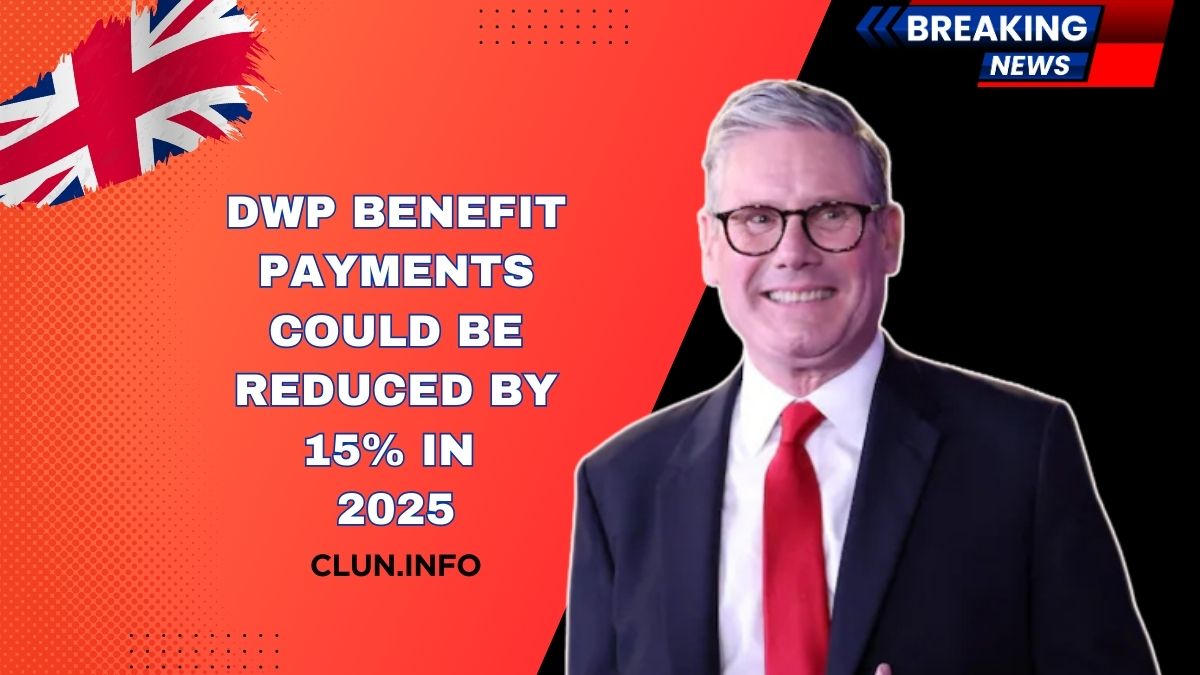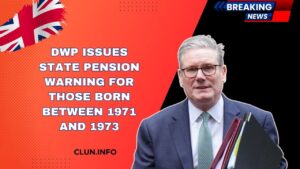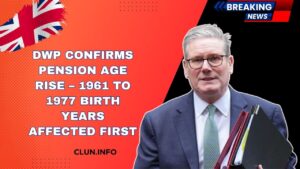Many UK residents relying on Universal Credit, Pension Credit, or other DWP benefits could face payment deductions of up to 15% in 2025.
The Department for Work and Pensions (DWP) has confirmed that third-party deductions may apply in specific situations—particularly when recipients have unpaid debts such as rent arrears, court fines, or utility bills.
What Are DWP Third-Party Deductions?
Third-party deductions are automatic reductions applied to benefit payments when a claimant owes money to approved creditors.
These deductions are implemented only when other recovery methods fail, and the organization owed money submits a formal request to the DWP.
Deductions may apply to:
- Rent arrears
- Gas and electricity debt
- Council Tax
- Court fines
These deductions help ensure that debts are repaid in a manageable way but can significantly reduce monthly benefit amounts for claimants.
How Much Can Be Deducted?
The DWP sets fixed deduction rates depending on the type of debt and benefit received:
| Type of Benefit | Debt Type | Deduction Rate | Maximum Deductions |
|---|---|---|---|
| Universal Credit | Most Debts | 5% of standard allowance | Up to 3 debts at once |
| Universal Credit | Rent Arrears | 10% to 15% | Capped based on total deductions |
| Income-based JSA, ESA, Income Support | Any Debt | £4.55 per week per debt | Up to 3 debts concurrently |
Fuel debts can be managed using the Fuel Direct scheme, which lets claimants pay back energy bills through benefit deductions. However, this requires consent from the claimant and coordination with the energy supplier.
How Do You Know If You’re Affected?
If a third-party deduction is approved:
- You’ll receive a letter from the DWP or a notification in your Universal Credit journal
- Deductions will appear on your payment statement
- You must be informed of the total amount being deducted and which debts they apply to
You cannot choose which debts get prioritized, but you may contact your creditor to arrange higher or alternative payments voluntarily.
Can You Dispute or Stop These Deductions?
Yes. Claimants who disagree with deductions can request a mandatory reconsideration. This request must be:
- Submitted within one month of the deduction decision
- Accompanied by a valid reason or evidence
Additionally:
- You can request to stop deductions for ongoing utility bills
- If facing hardship, contact your energy supplier or creditor for alternate payment arrangements
DWP benefit deductions of up to 15% may be triggered if you have unresolved debts like rent or energy bills. While these deductions are designed to help manage arrears, they can strain already limited budgets.
Understanding how third-party deductions work—and knowing your rights to dispute or adjust them—is essential for anyone relying on Universal Credit or similar benefits in 2025.
FAQs
What is the maximum deduction allowed from Universal Credit for debts?
Up to 15% of your standard allowance, especially for rent arrears, with a cap on the number of active deductions.
Can I stop third-party deductions from my benefits?
Yes, but you must contact the DWP or the creditor involved to arrange alternate repayment methods.
What if I disagree with the deduction?
You can request a mandatory reconsideration within one month of the notice, stating your reason for disputing the decision.




